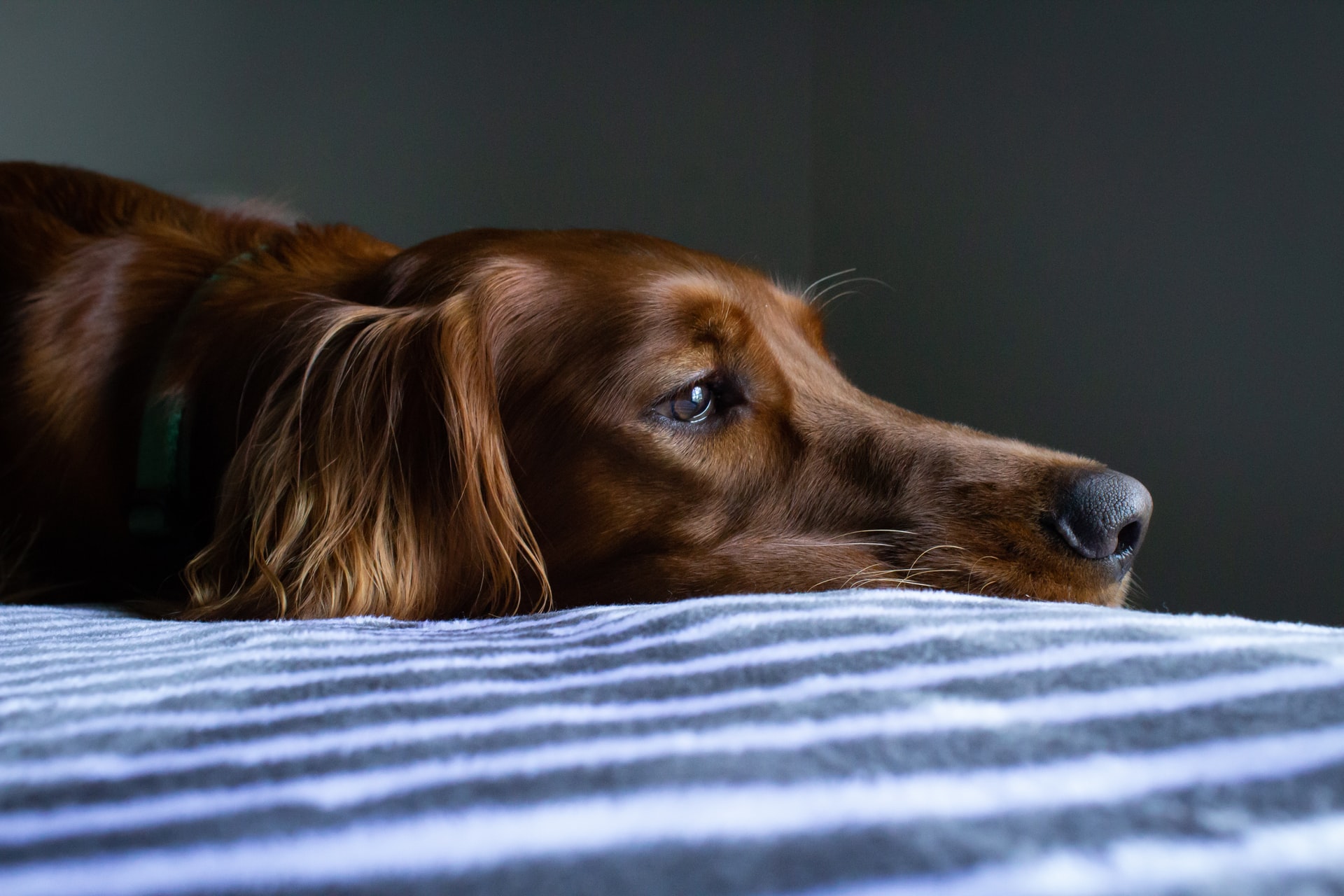
Pets are like family. Sometimes, though, we can’t take them with us when we travel and, like children, we occasionally need to leave them with a babysitter. For pets, a kennel can be a convenient and safe place to have your pet looked after while you’re away from home.
However, pets kept in close proximity to other animals may be more susceptible to contracting kennel cough. If your pet is coughing after leaving the kennel, it’s possible that they have kennel cough. Although kennel cough sounds terrible, it’s typically not a serious condition. In fact, most pets recover from it without needing treatment.
What Is Kennel Cough?
Kennel cough is an infectious respiratory disease most commonly associated with dogs, although other animals, including cats, can catch the disease as well. There’s no one cause of kennel cough. The term kennel cough can refer to any infectious respiratory disease caused by a bacteria or virus that gets into your pet’s lungs.
What Is Bordetella?
Bordetella bronchiseptica is a bacterium that is the most common of the possible causes of kennel cough. In fact, many people call kennel cough Bordetella for this reason. Often, if a dog becomes infected with Bordetella, the dog is also infected with another virus or bacteria, such as:
- Canine distemper
- Parainfluenza
- Canine herpes
- Canine reovirus
If a dog has contracted one of the above viruses, they are more susceptible to also contracting Bordetella.
Why Is it Called Kennel Cough?
One of the reasons kennel cough got its name is because it’s commonly spread in kennels and shelters. Dogs, cats, and other pets may come into contact with a lot of other animals during their stay in a kennel. If another animal there has kennel cough, there’s a greater chance that your pet could contract the virus too.
What Are the Symptoms of Kennel Cough?
The symptoms of kennel cough can include:
- A persistent and forceful cough
- Sneezing
- Eye discharge
- Runny nose
Some dogs have a cough-like sound they make that’s called a reverse sneeze. This noise is normal and not a symptom of kennel cough. The cough from kennel cough is more reminiscent of a goose honk.
Other than the honking cough, some pets may not otherwise act like they are sick. Not all of the other symptoms may be present, but some pets do experience them. More than likely, your pet won’t have a loss of appetite or a decrease in energy.
What Causes Kennel Cough?
Dogs and other animals can catch kennel cough by inhaling bacteria or other virus particles. The bacteria, such as Bordetella, get into their lungs, causing the cough. Normally, in dogs, the respiratory tract is protected from viruses and bacteria by a coating of mucus. The mucus coating traps infectious particles so they don’t get sick. However, there are some factors that can weaken the protection of this mucus coating.
What Factors Increase the Risk of Getting Kennel Cough?

There are a few things that can increase an animal’s risk of developing kennel cough. One of them is being in a kennel. This is because the bacteria that cause kennel cough are contagious and spread through close contact with other animals. Some kennels and shelters aren’t as well ventilated as they could be, which can also contribute.
Additional factors that contribute to an increased risk of developing kennel cough include:
- Cold temperatures
- Exposure to dust
- Exposure to smoke
- Stress from travel
This means that your pet may still be susceptible to kennel cough if you travel with your pet instead of boarding them.
How Is Kennel Cough Treated?
In many cases, kennel cough goes away on its own after a while. Many pets recover from kennel cough with no treatment at all. However, because kennel cough is contagious, you’ll want to keep your pet away from other animals while it has kennel cough.
You can have your pet vaccinated against kennel cough prior to boarding them to eliminate the chances of them contracting the illness. The Bordetella vaccine is often required for pets to be boarded or participate in doggy daycares.
Should You Take Your Pet to the Vet for Kennel Cough?
Typically, most pets recover from kennel cough with a few weeks of rest and don’t need treatment. However, some may experience more severe symptoms. If this is the case for your pet, then you should take them to the vet. The vet may prescribe cough medication to help ease the symptoms of kennel cough and antibiotics to prevent additional infections.




